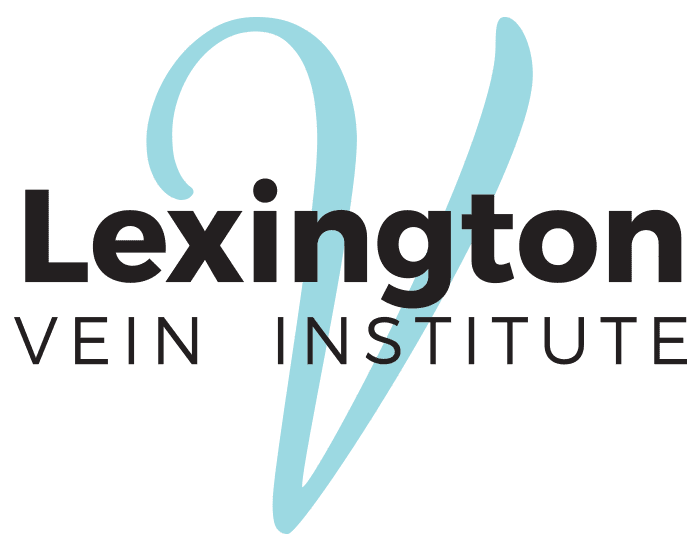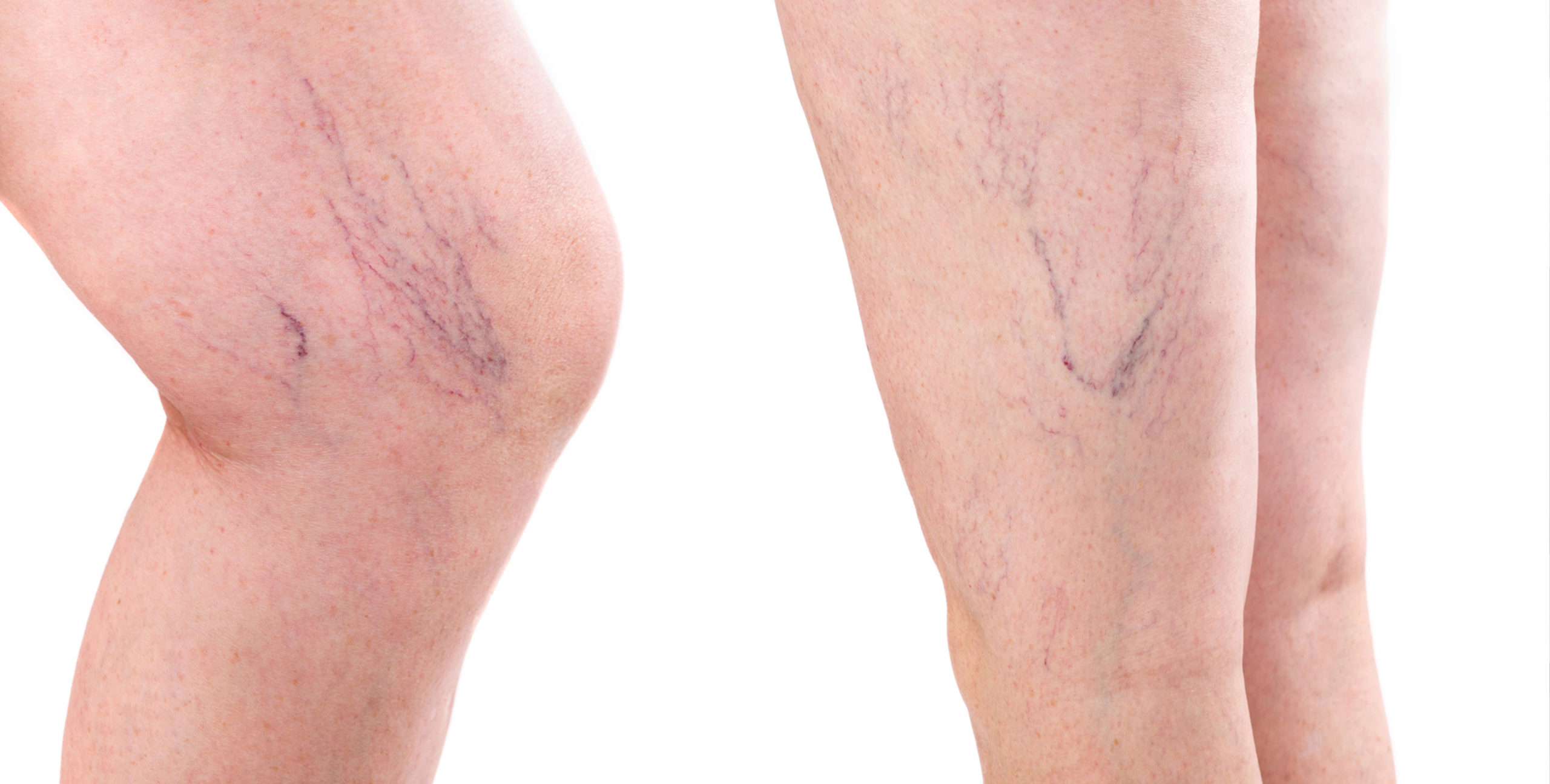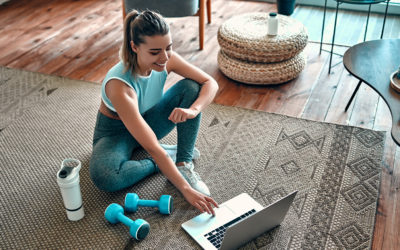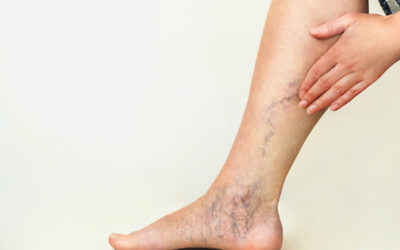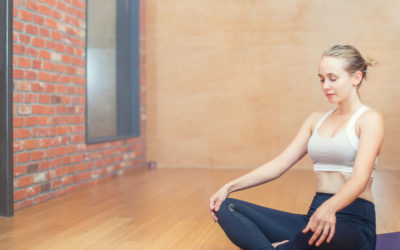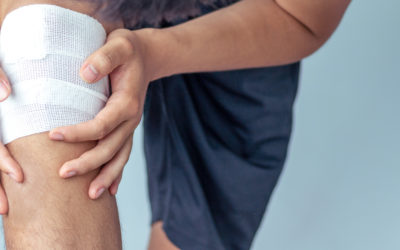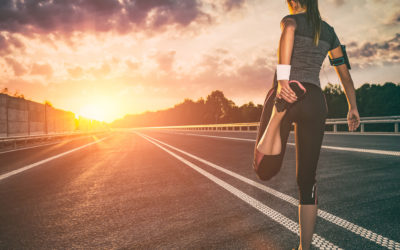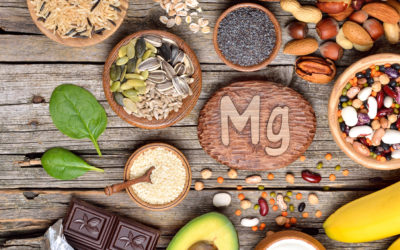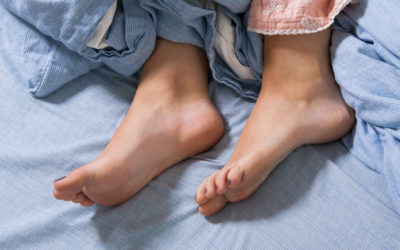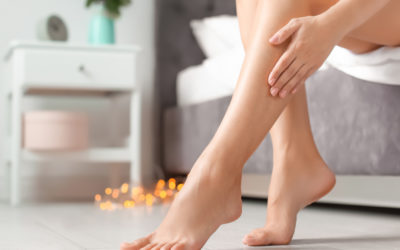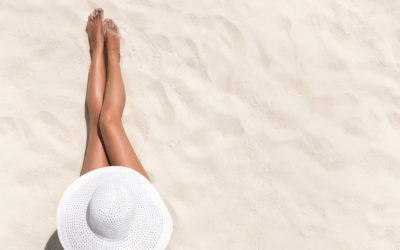So another year has rolled around and you’ve avoided wearing those pretty dresses or shorts as much as possible. Varicose veins affect a lot of people, and while they’re not generally harmful, they can be a confidence killer and may painfully flare up in winter.
Treating varicose veins and focusing on good care for varicose veins during the winter is important. Check out our guide here for how to provide some relief during winter and why seeking treatment during this time is beneficial.
How Weather in the Winter Affects Varicose Veins
When the weather gets colder, the temperature change causes your veins to constrict which puts them under more pressure. When combined with less activity that is common in winter, the pressure increases.
Of course, we all love eating a little too much during the winter and festive season. But our veins do not enjoy the weight gain as it puts even more pressure on them.
In short, varicose veins flare-up in the winter, and by seeking treatment during these months, you can avoid having a painful holiday season.
Tips for Varicose Vein Winter Care
There are a couple of things you can do to take the pressure off of your varicose veins and give yourself some relief. Check out these tips:
Exercise: Reduce inactivity as much as possible by getting your heart rate up and circulation moving.
Stretch: Take some time during the morning and night to stretch so that you can improve circulation.
Healthy Diet: Work on eating nutritious food and reducing sugar, salt, and carbohydrates intake. Be mindful rather than strict.
Keep Hydrated: Dehydration can increase pressure on your veins. Drink a lot of water in winter.
Varicose Vein Treatments in Winter
Varicose vein treatment can be intimidating but winter may just be the best time to do it.
Compression stockings are a necessity during preparation and recovery. Some people find these to be uncomfortable and hot but they are way more tolerable during winter.
As we have mentioned, curling up in front of a movie or hanging out indoors is the best part of winter. This inactivity will give you time to recover from the treatment and keep your legs off display until they’re healed and ready for shorts in summer.
You don’t need to worry about trying to hide your legs away in winter or avoiding strenuous activity as you’ll probably already be doing both of these things.
Take Measures to Care for Varicose Veins
It’s important to look after your health and wellbeing and that includes good care for varicose veins. Take measures to provide relief during winter and consider treatment during the colder months. Remember to remain active, hydrated, and healthy.
If you’re seeking treatment for varicose veins Lexington Vein Institute is a team of expert specialists to aid you on your journey. Contact us today for more details.
